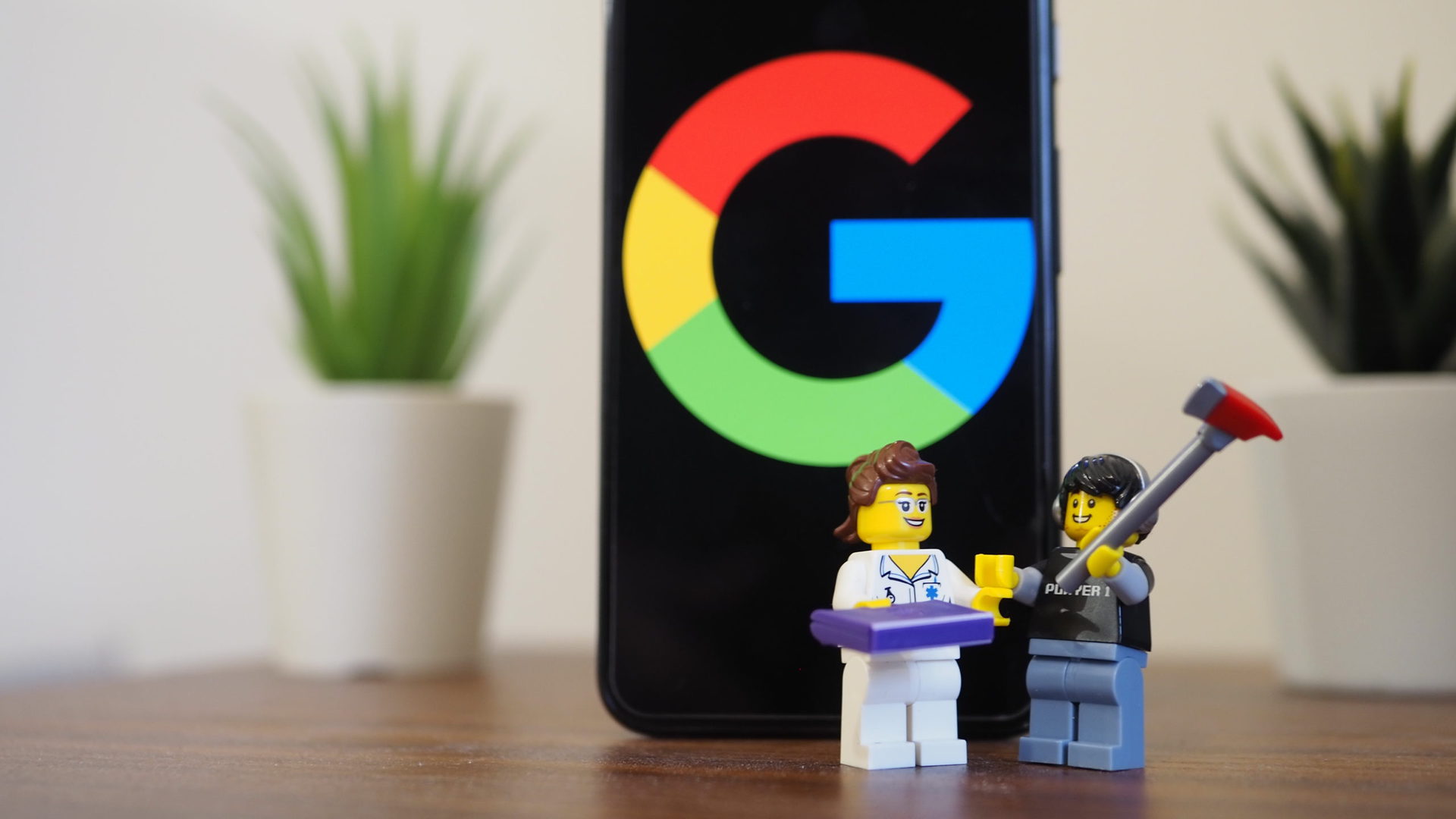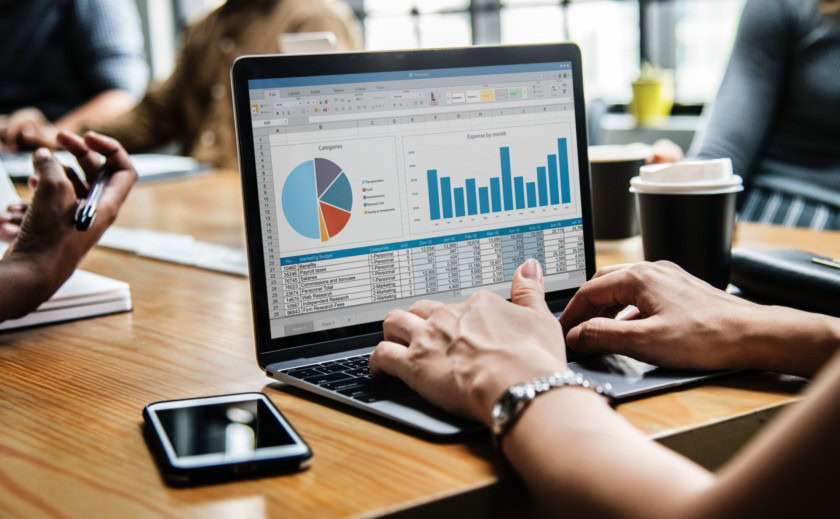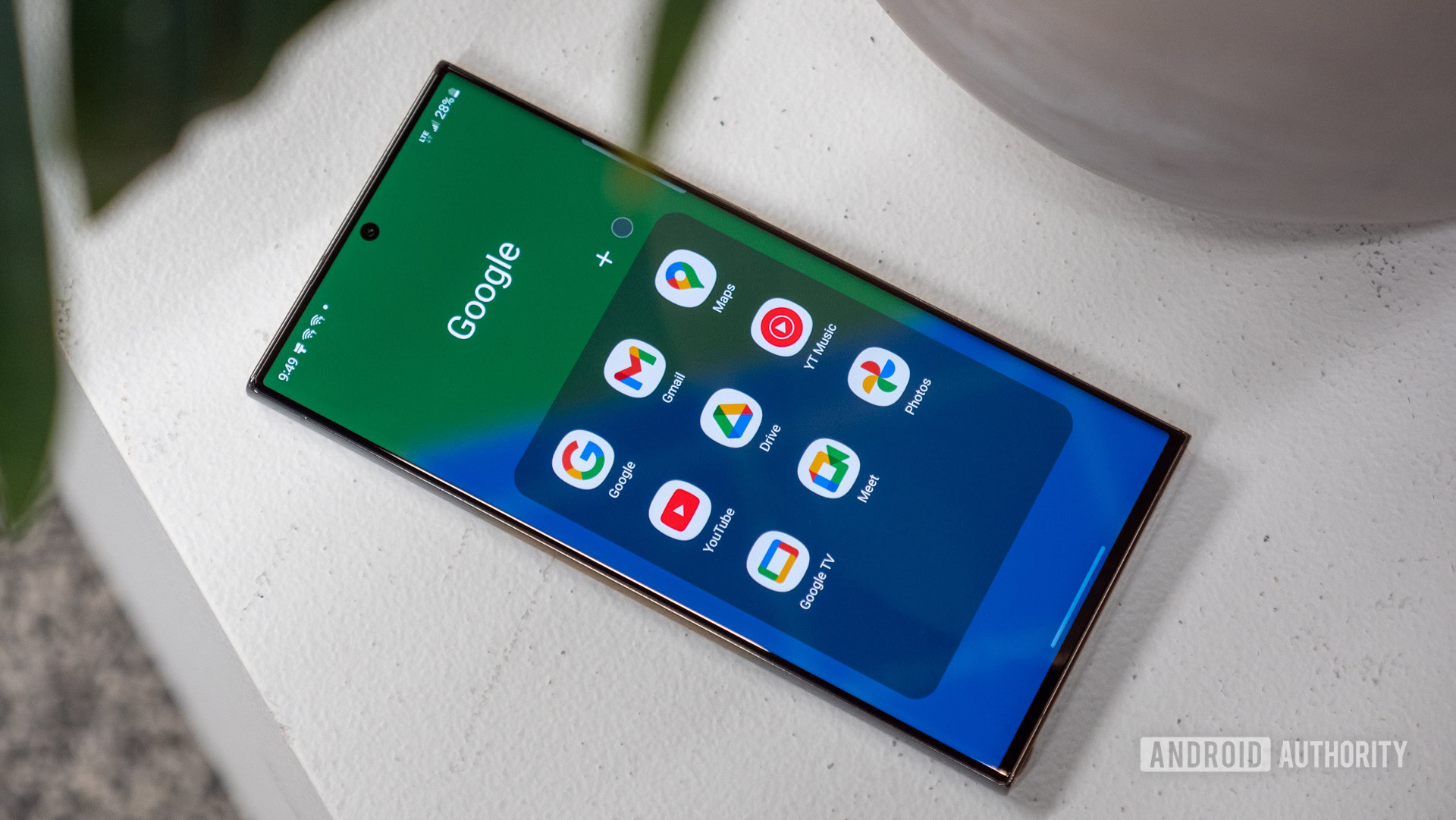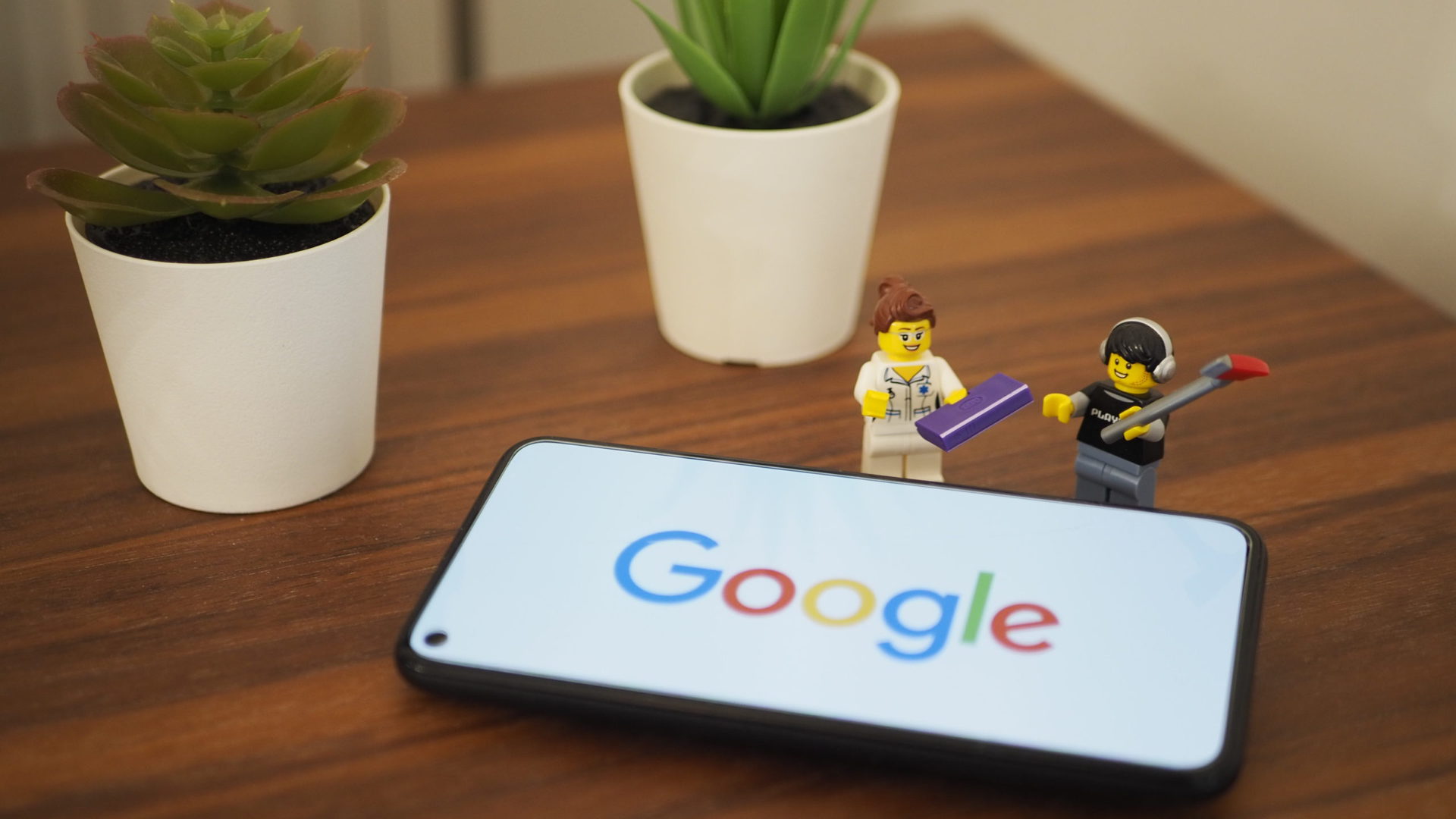
Google was the third choice I picked to escape two behemoths. Now it’s the behemoth.
Google’s presence in my life is so overarching today that I sometimes feel I’ve lost sight of what first brought me to its ecosystem. It was 2007; I had a Hotmail account and a Toshiba laptop running Windows XP, I used Firefox as my browser of choice, and I was pretty hooked on Nokia’s smartphones, but I was also considering getting an Apple MacBook. Google was nothing more than a search engine to me then, and the idea of having a second email account sounded preposterous. But a few of my online friends kept pestering me to sign up for a Gmail account, luring me with a whopping 2.8GB of free storage and threaded conversations! As a technophile, I couldn’t but cave to this hip and rebel proposition.

That started a long journey of Google slowly, but surely, spreading its tentacles into my online presence and my real life too. I look at my tech footprint today and see that more than 70% of it is locked in Google’s fortress. My precious memories? Google Photos. My important files? Google Drive. All of my searching and browsing? Google Chrome. My phone? A Google Pixel 7 Pro. My entire work presence? Google Workspace.
It’s tough to picture one particular moment where things snowballed; the invasion was gradual and consensual. But looking back, I can’t help but feel the disconnect between what brought me to Google in the first place and where I ended up today.
In 2007, a Gmail account felt like an autarchic choice. Picking that was akin to declaring sovereignty from the duopoly of Microsoft and Apple. Google was the “third” option, the bipartisan choice. It was more open and flexible, and with every service the company released, it fuelled this image of openness and freedom. Here’s Google Chrome — it’s available for both Mac and Windows! And here’s Google Drive, Docs, and Sheets — they’re accessible from any browser! Oh how about Google Photos — you can use it on Android, iOS, or the web! You get the gist.

Suddenly, there’s a Google smart speaker in my home. Google Maps knows every step I’ve taken in the last decade, and there’s photographic proof of that and all the people I know in Photos. Chrome knows my passwords, credit cards, and my entire browsing history, Google acquired my 10-year heart rate data and sleep patterns from Fitbit, and I still somehow trust it with the phone number of every person I know. How bleakly dystopian is that?
In retrospect, I’ll take most of the blame. But aren’t most of us victims of our online naivety in the late ’00s and early ’10s? We didn’t look too far ahead or with too much scrutiny at any privacy or security issues. Simplicity, interoperability, and general coolness were the biggest concerns.
So because Google adopted a more open stance, I found myself embracing most of its services without giving them a second thought — and it was so easy! I was so scared of being locked into specific hardware and platforms, that I didn’t see the danger of getting locked into a single Google account. And when I realized that, the damage was done. Now, I can’t imagine the mess I’d be in if I lost access to this one crucial piece of my online identity.

In a much shorter retrospect, it’s clear to me now that I’ve been on a partial Google emancipation journey for the last couple of years. As I grew more weary of my dependence on a single account and a single login, I started taking side steps to remedy that.
My most important data came first, so all my photos, videos, and personal documents now sit on a Synology NAS drive. I’ve set up automatic backups from my computer and phone to that so I don’t have to think about it. And sure, I still use Google Photos for its amazing grouping and smart features, but I know that Synology Photos will still be there when I need it. Likewise, I still enjoy Drive’s live collaboration features in Docs and Sheets, but I don’t trust it with all my files anymore.
Every now and then, I back up some other easy-to-export data like contacts, calendars, and bookmarks. And I’ve elected other independent services for my music streaming (Spotify), task management (Todoist), password management (1Password), and travel planning (Wanderlog). Besides my Nest Audio, Mini, and Hub, all my smart home gear is cross-platform and is also compatible with iOS, Amazon Alexa, and Apple HomeKit in some instances. I don’t want to uninstall my thermostat if I ever decide to switch smart home platforms. Oh, and I have balanced my Pixelbook with iMac and an iPad, because using one platform is too boring.
Source – https://www.androidauthority.com/google-open-ecosystem-lock-3315205/
